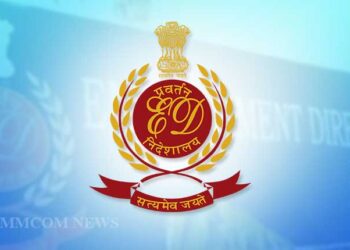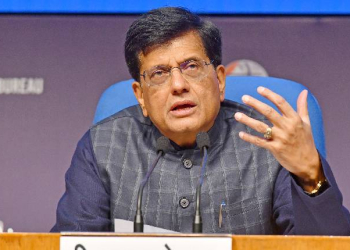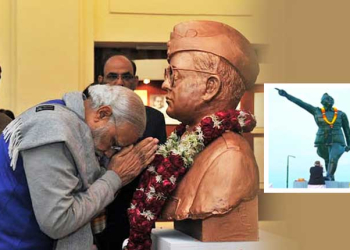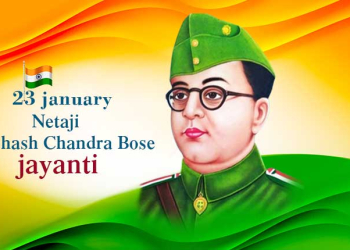New Delhi: Three state governments – Tamil Nadu, Maharashtra, and Madhya Pradesh – on Tuesday told the Supreme Court that vaccine mandates to avail public transport and access public places were necessary in public interest.
Advocate Rahul Chitnis, representing the Maharashtra government, submitted before a bench, headed by Justices L. Nageswara Rao and comprising Justice B.R. Gavai that the vaccine mandate is in public interest and pointed out that a large number of people use public transport in Mumbai.
“People are packed like sardines on the trains. In a train, it is difficult to maintain 6 feet social distance and keep your mask up,” he said, emphasising on the utility of vaccine mandates while using public transport. He added that the mandate was a reasonable restriction fulfilling the tests of proportionality.
Chitnis also refuted the submission that the mandate is manifestly arbitrary and it violates the Article 14 of the Constitution, arguing that it is a measure to protect the right to life of the people under Article 21. “Rights have to be balanced. State would be justified in protecting a larger number of people,” he submitted.
Counsel for Madhya Pradesh adopted the submissions of Solicitor General Tushar Mehta regarding the need to balance the rights in the context of Covid vaccination. The counsel informed the bench that a notice making vaccination mandatory to avail ration has been withdrawn.
Additional Advocate General Amit Anand Tiwari, representing Tamil Nadu, submitted that the state has made vaccination mandatory for accessing public spaces and added that it is required for larger public interest.
“It is to provide security from a higher outbreak,” he submitted.
The top court was informed that the state government derived the power to impose the vaccine mandate from the Tamil Nadu Public Health Act, 1939 and the Disaster Management Act, 2005.
Tiwari brought on record reports establishing that when more people are vaccinated, the number of infections reduces. “When you are vaccinated, the likelihood of your hospitalisation is also lower,” he added.
It was submitted before the bench that vaccine mandates were justified — it prevents mutation of the virus and unvaccinated people cause health risk.
Counsel for Bharat Biotech, manufacturer of Covaxin, refuted the claims of advocate Prashant Bhushan, representing the petitioner, that Phase 3 trial of the vaccine has not been published. The counsel said the Phase 3 trial data was published in Lancet medical journal in November 2021. “Our trials are going on and informed consent is taken,” counsel said.
Citing Mehta’s submissions, the counsel added that over 180 crore vaccines have been administered and adverse events were reported in decimal percentile.
After detailed arguments in the matter, the top reserved its verdict.
Bhushan argued that due to vaccine mandates, “my fundamental right to move freely cannot be restricted in arbitrary manner”.
The top court was hearing a petition filed by Jacob Puliyel, a former member of the National Technical Advisory Group on Immunisation, seeking the data of clinical trials and adverse effects of Covid vaccines and also challenging the vaccine mandates issued by some state governments.
(IANS)


















